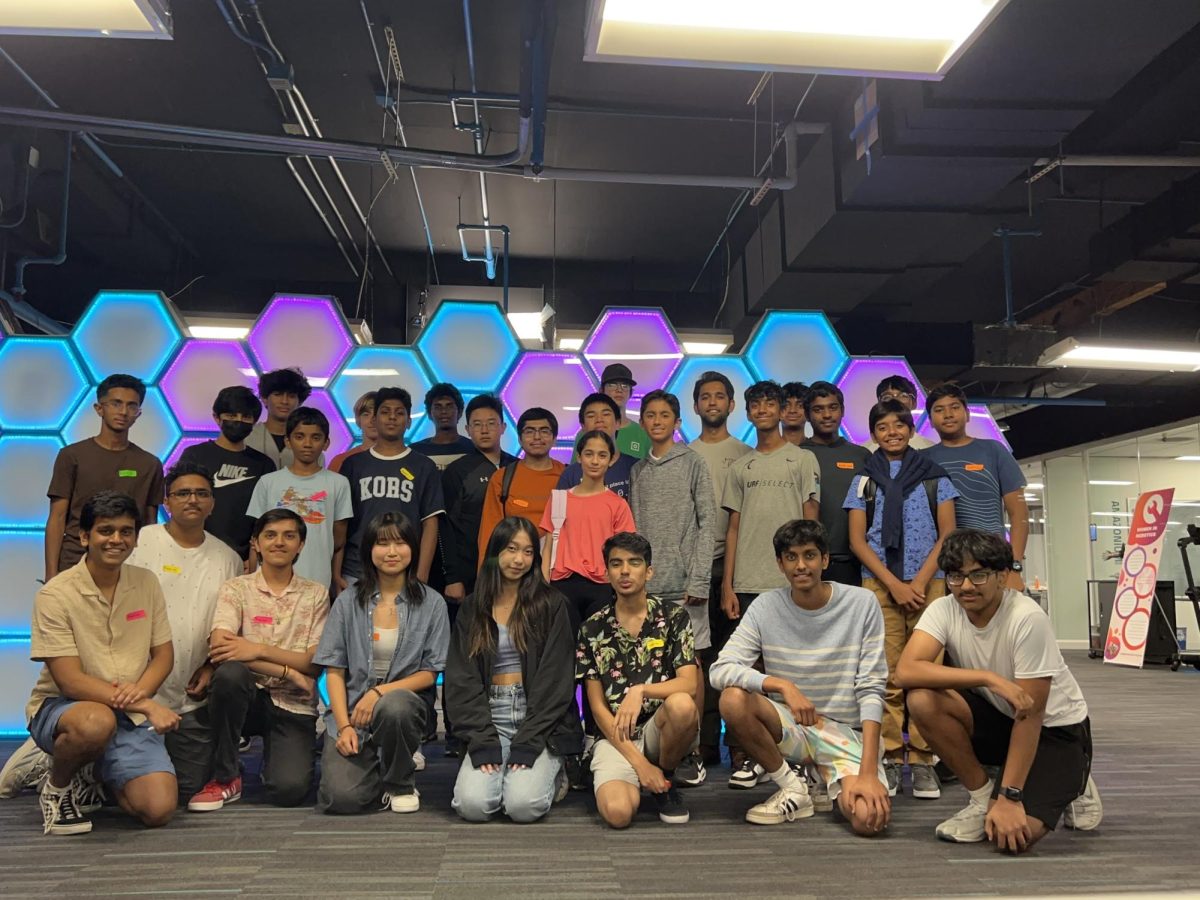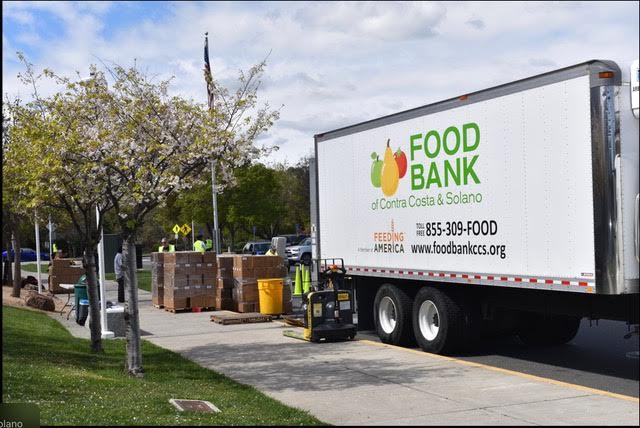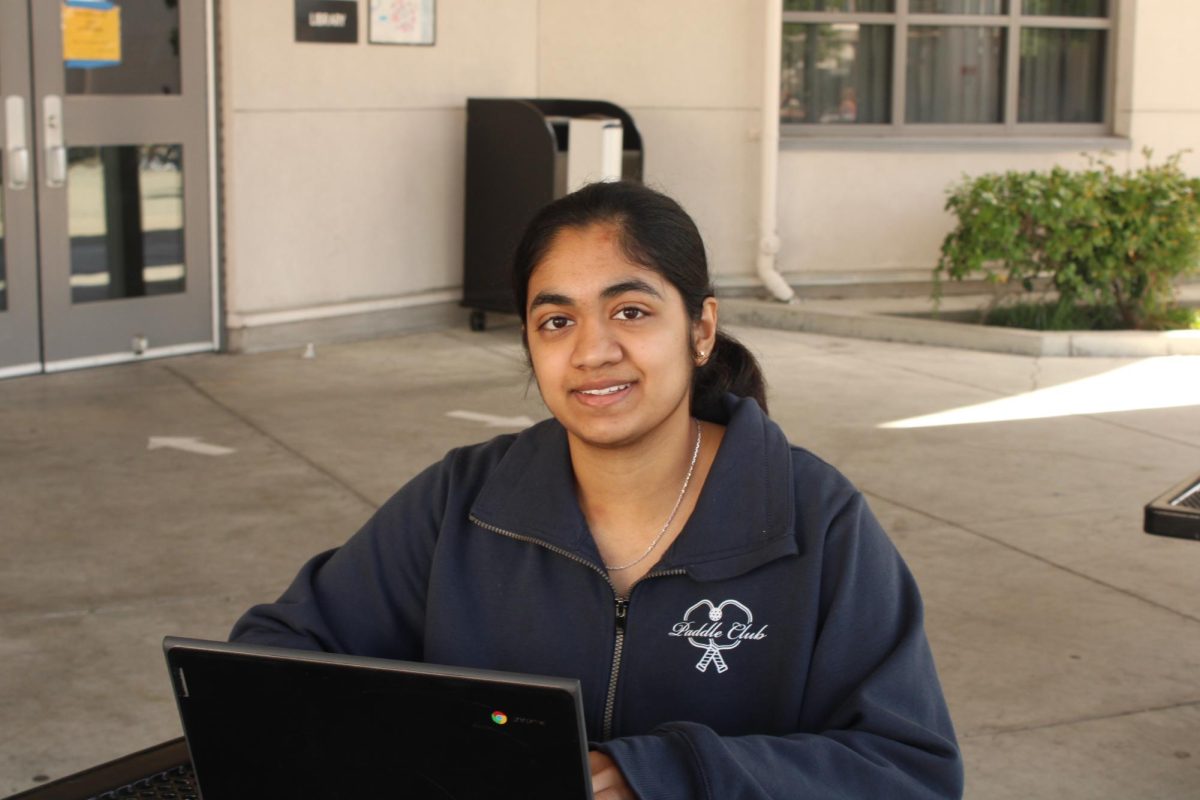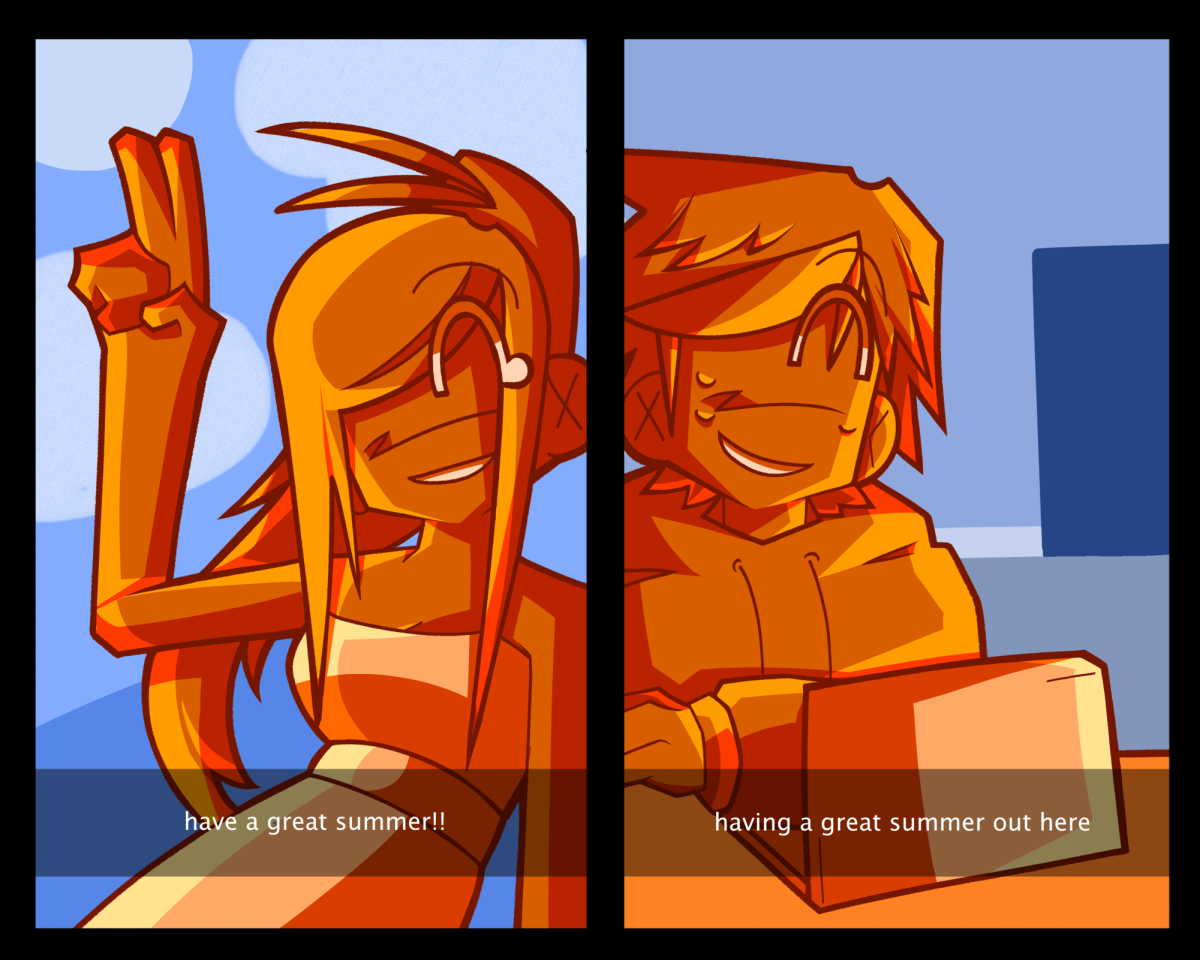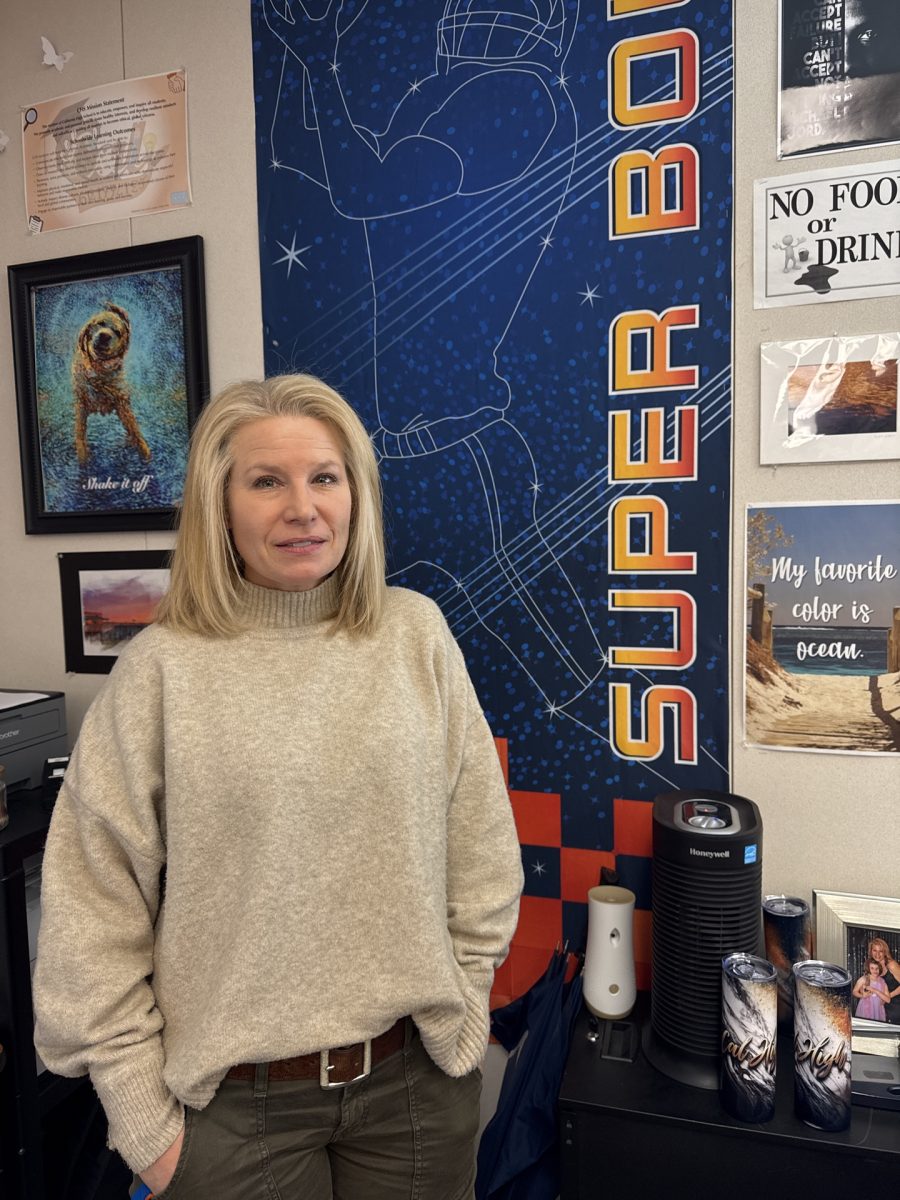Amidst growing interest in the world of computer science, a Cal High club has created a nonprofit organization dedicated to spreading awareness about an often overlooked idea: open source.
Started by seniors Rohan Ramakrishnan and Arnav Pandey during their junior year, Cal Commit aims to create opportunities for people interested in computer science to collaborate on projects to gain exposure in the field.
Ramakrishnan and Pandey have pursued the field of computer science for a long time, participating in hackathons and working on projects to broaden their practical experience.
“I have been interested in computer science and coding for a long time, and I was always interested in teaching others about it in some way,” Ramakrishnan said. “The Cal Commit club was a way for us to do that at a large scale.”
Attempting to find both a fun and useful method of coding led Ramakrishnan and Pandey to discover open source, a type of software development where software programming is available to the public. This allows anyone from across the world to edit and work on the project simultaneously, which leads to efficient completion of tasks.
“Open source essentially allows anyone to work on a project at any given time, and that lets so many people with different talents or skill sets contribute,” Ramakrishnan said. “I think it is important for more people to use open source.”
Cal Commit adviser Sean Raser, who teaches Cal’s AP Computer Science Principles class, met Ramakrishnan and Pandey during their sophomore year and attested to their passion for computer science.
“They were both in the same period for my class and they loved working together on various projects, both inside and outside of what we covered in class,” Raser said. “They were very advanced despite being in an introductory class, and it was clear that they loved what they were doing.”
Raser especially appreciated the work ethic Pandey and Ramakrishnan showed in his class and their love of working on real projects, including the scanner system for marking attendance that was used at Cal briefly.
“Rohan and Arnav both worked on the attendance system project that we used, and I could see that they really valued the experience of working on a real project,” Raser said. “It is one thing to do exercises on platforms like CodeHS and another to work on challenges that have real world impacts.”
Raser also believes in the potential of open source, highlighting the many benefits open source has in real-world software development.
“I think open source is really important to the world of software development because people can build upon the work of someone else and end up creating impactful projects in maybe half the time of normal projects that are not publicly available,” Raser said.
Popular and widely used operating systems like Linux are open source, but the impact of publicly available software goes beyond search engines. Open source helps in many fields, including education and teaching resources.
“We use the Raspberry Pi systems here in my class, and those are open source which means any bugs or issues will be taken care of immediately,” Raser said. “The Linux operating system is entirely open source, and that led to more efficient development of the OS that so many people used.”
Once they discovered an idea to make their club and inspire real passion in potential members using open source, Ramakrishnan and Pandey began to look for board members. This search led them to bring on senior and longtime friend Srinikesh Kanneluru as vice president.
“I have known Rohan and Arnav for a long time, and I was definitely excited to work with them on this club,” Kanneluru said.
The trio started Cal Commit at the beginning of their junior year and quickly began to see traction.
“We saw how popular our club was when we first started it, and we had a lot of members that were interested in computer science who had not known what it even was before,” Pandey said.
During their club meetings, the club presents slides talking about open source and describes what it is and how it has impacted industries and companies. They also present information about computer science and coding languages, such as Python, allowing anyone to get started with computer science.
“A big philosophy we had for our club was that the best time to start learning about coding was now,” Kanneluru said. “So a big aspect of our club was providing as many resources as possible to learn coding.”
Upon seeing the success of the club and the many members who joined it, Ramakrishnan decided to start a nonprofit organization to spread the influence of their club and open source.
“After we had so many members attend our hackathon, I saw that our idea had promise and that we could expand as a nonprofit instead of as only a club,” Ramakrishnan said. “After a few months of research and filling out applications, we became a nonprofit.”
Now, the board hopes to grow the nonprofit across the state and create new branches in different organizations.
“Since we are all seniors and graduating soon, we want to pass on the club here to new people but also start a branch of Cal Commit wherever we end up going,” Pandey said.
Ramakrishnan is optimistic about the future of Cal Commit and is fond of the memories and experiences he has had along the way.
“I am glad that we were able to have so many experiences and inspire so many people to start their computer science journey,” Ramakrishnan said. “No matter what happens in the future, I am sure Cal Commit will continue to be successful.”
Club Spotlight: Cal Commit
Cal Commit explores a software development concept for their computer science club
Srikar Thippavajjula, Staff Writer
March 28, 2024
The Cal Commit club hosted a hackathon called Oasis Hacks in Oakland last August.
More to Discover
About the Contributor
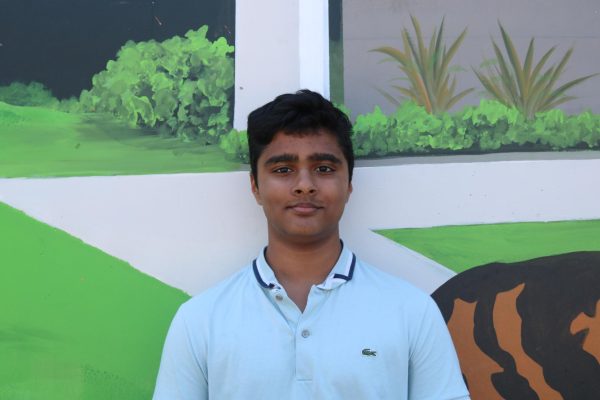
Srikar Thippavajjula, Staff Writer
Srikar Thippavajjula is a junior and is in his first year as a writer for The Californian. He is excited for his first year and hopes to improve his writing skills while learning more about journalism. When he is not working on school work or extracurriculars, you can find him reading, watching movies, or spending time with friends and family.
